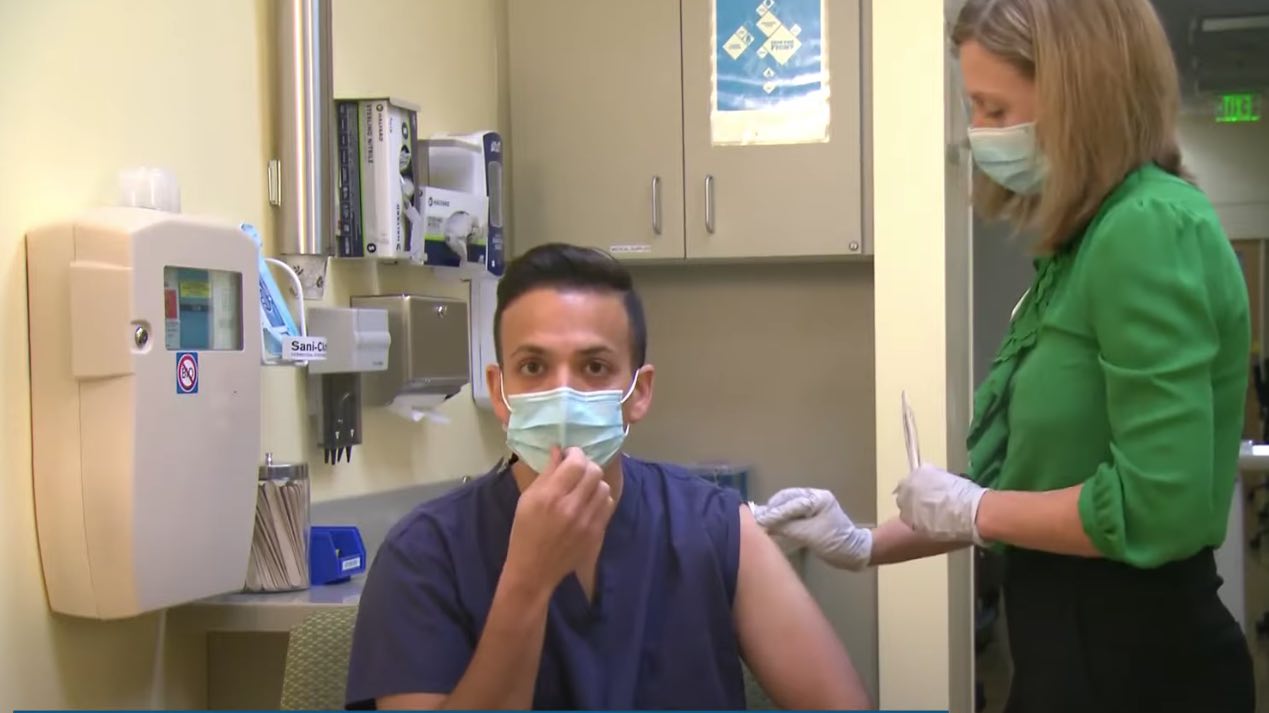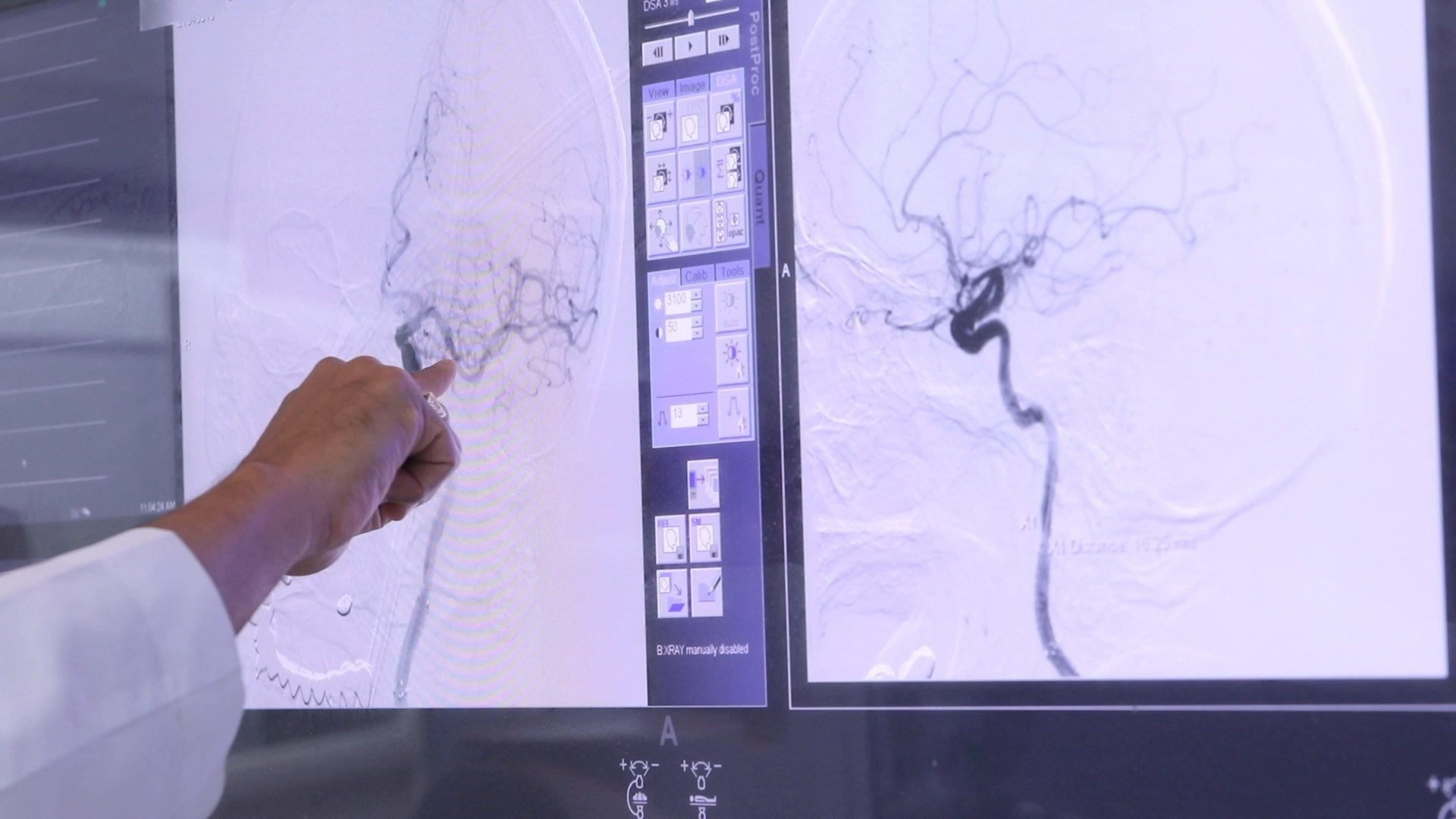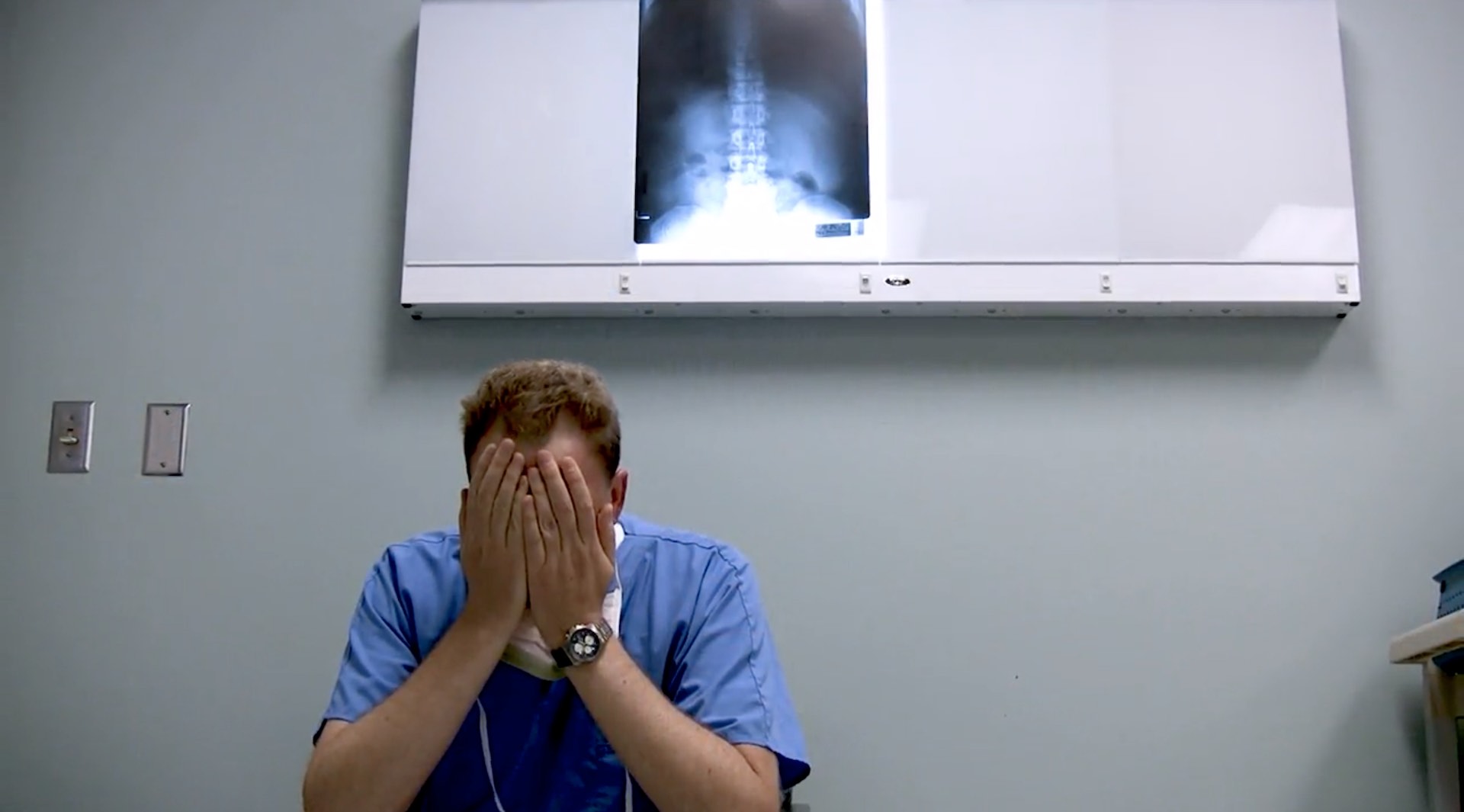NEW YORK (Reuters Health) – Although schizophrenia is associated with an increased risk of violent crime, after accounting for substance abuse, the risk is relatively small, according to a report in the Journal of the American Medical Association for May 20.
Prior research has suggested that patients with schizophrenia are up to six times more likely than persons in the general population to commit violent crimes, and current guidelines recommend that all patients be evaluated for their propensity to commit these acts. Whether any factors mediate this risk, however, was unclear, lead author Dr. Seena Fazel, from Warneford Hospital, Oxford, UK, and colleagues note.
In the current study, which was based in Sweden, the overall analysis showed that schizophrenia doubled the risk of violent crime. Further analysis, however, showed that most of the association was driven by a 4.4-fold increased risk among patients with comorbid substance abuse. Without substance abuse, only a 1.2-fold elevated risk was noted.
The study featured 8003 schizophrenia patients and 80,025 population controls that were followed from 1973 to 2006 for violent crime convictions. To assess possible familial confounding, the risk of violence among 8123 unaffected siblings of patients with schizophrenia was examined.
Overall, 13.2% of schizophrenia patients had one or more violent offenses compared with 5.3% of population controls. As noted, the elevated violent crime risk in schizophrenics was largely mediated by substance abuse comorbidity. Nearly 28% of schizophrenics with substance abuse committed a violent offense compared with 8.5% of schizophrenics without substance abuse.
When siblings were used for controls instead of the general population, the elevated violent crime risk seen in schizophrenics with substance abuse fell from 4.4-fold to 1.8-fold, supporting a strong familial confounding effect.
These findings, the authors conclude, suggest that the current recommendation to perform violent risk assessment in all patients with schizophrenia, rather than just in those with substance abuse, may need to be reviewed.
Reference:
JAMA 2009;301:2016-2023.






